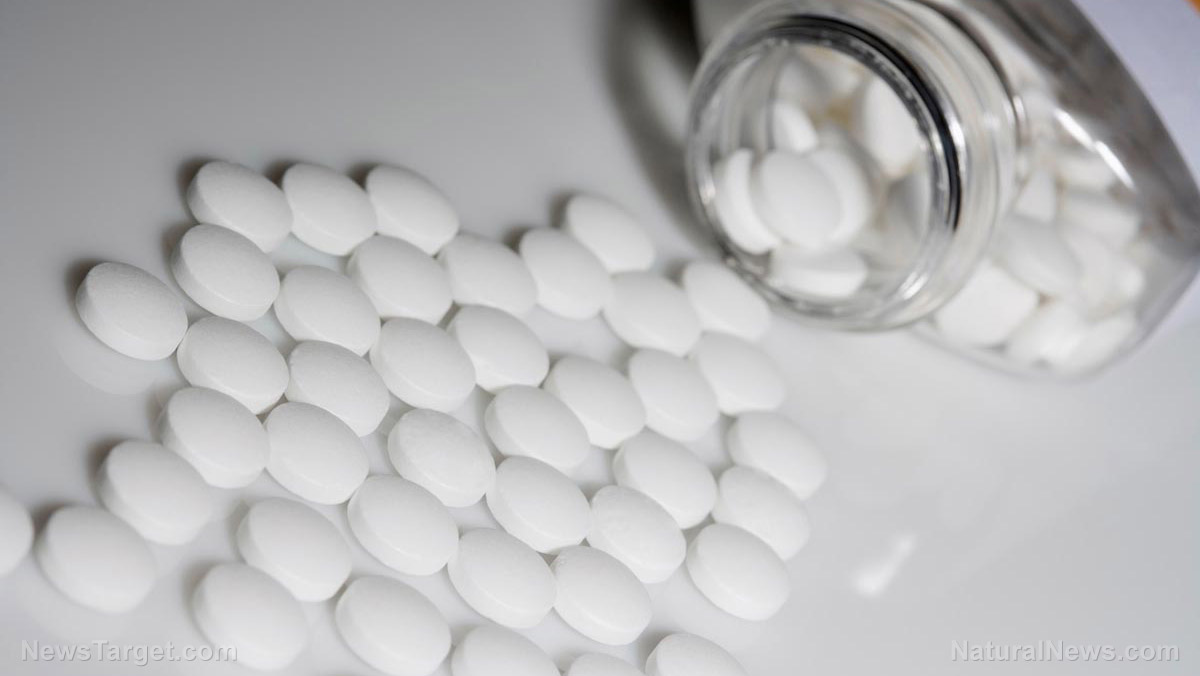Coffee and heart health: Study finds that excessive coffee drinking has no negative effect on the heart
12/11/2019 / By Darnel Fernandez

For some people, coffee is more than just a beverage; it’s a way of life. You’d be hard-pressed to find an avid coffee drinker skip out on their daily cup of joe. But the unfortunate thing about coffee is that information about its association with heart health can be very conflicting. Some studies claim that coffee has beneficial properties that protect the heart from disease. Others suggest that coffee can harm the arteries and bring adverse effects to your cardiovascular system. Now, a recent study involving thousands of participants weighed in on this conflicting link between coffee and heart health.
Does coffee harm or protect the heart?
A study published in the journal Heart found that people who drink significant amounts of coffee per day do not experience arterial stiffness. This means that coffee does not have a direct negative effect on the risk of cardiovascular problems. (Related: Coffee drinkers have a lower mortality rate and lower risk of various cancers.)
“There are several conflicting studies saying different things about coffee and it can be difficult to filter what we should believe and what we shouldn’t,” explained Metin Avkiran, associate medical director at the British Heart Foundation, in a statement. “This research will hopefully put some of the media reports in perspective, as it rules out one of the potentially detrimental effects of coffee on our arteries.”
In this study, researchers from the Queen Mary University of London in the UK evaluated the link between coffee consumption and arterial stiffness using two forms of stiffness measures in a large population cohort. The research team recruited and analyzed the data of 17,932 participants from the UK Biobank Imaging Study. These participants underwent both MRI heart scans and infrared pulse wave tests to determine the state of their cardiovascular function.
The researchers asked the participants to report on their frequency of coffee consumption on a day-to-day basis. The data were categorized into three groups for the study: those who drank less than one cup per day; those who drank between one and three cups per day; and those who drank more than three cups per day. Those who drank an extreme amount of coffee per day (more than 25 cups) were excluded in the final analysis, as well as those who already had cardiovascular disease at baseline assessment.
Of the 8,412 participants included in the final analysis of this study, the results revealed that moderate and heavy coffee drinkers showed no increase in arterial stiffness compared to those who only had one cup of coffee or less per day. This suggests that even having significant amounts of coffee each day is unlikely to affect your heart health in any way.
“Despite the huge popularity of coffee worldwide, different reports could put people off from enjoying it. Whilst we can’t prove a causal link in this study, our research indicates coffee isn’t as bad for the arteries as previous studies would suggest,” explained Kenneth Fung, Ph.D., lead researcher of the study.
The researchers also found that moderate and heavy coffee drinkers were more likely to be male, smoke and consume alcohol regularly.
According to Fung, even if their study included those who drank up to 25 cups a day, the average intake among those in the high-coffee consumption group was only about five cups a day. He calls for more studies in the future to help advise safe limits on coffee consumption.
Visit Heart.news for everything you need to know about your heart and how to maintain good heart health.
Sources include:
Tagged Under: arterial stiffness, coffee, food science, functional food, health science, heart disease, heart health, research
RECENT NEWS & ARTICLES
COPYRIGHT © 2017 RESEARCH NEWS




















